- Hindus express hope for educational reform under AA administration
- Arakanese zat pwe performers struggle to survive as conflict halts traditional shows
- India-Arakan trade routes fully reopen after two-month closure
- When Prisoners Are Bombed, the War Has No Rules Left
- Two civilians killed, two injured in junta airstrike on Ramree village
Winter crop farmers in Arakan need help with seeds, other agricultural inputs
Winter crops are grown on a commercial scale in in northern Arakan State’s Mrauk-U, Kyauktaw, Ponnagyun, Minbya, Buthidaung and Rathedaung townships, where seeds are scarce.
25 Sep 2024
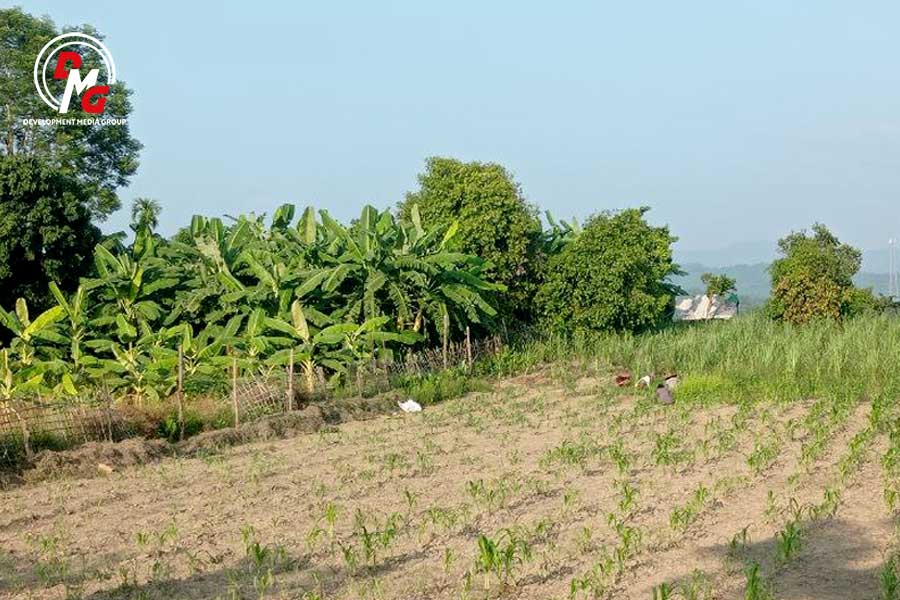
DMG Newsroom
25 September 2024, Sittwe
Winter crop farmers in Arakan State, where fighting between the military and Arakkha Army (AA) is ongoing, are facing difficulties due to rising agricultural expenditures and the unavailability of seeds.
Sown acreage of winter crops in Arakan State declined in 2023 compared with previous years and farmers are facing growing winter crop challenges amid the aforementioned difficulties as well as the threat of landmines and a scarcity of workers.
Winter crops are grown on a commercial scale in in northern Arakan State’s Mrauk-U, Kyauktaw, Ponnagyun, Minbya, Buthidaung and Rathedaung townships, where seeds are scarce.
“It is time to cultivate winter crops. We can’t buy winter crop seeds such as corn, watermelon, eggplant and snake beans. We have to ask for a few winter crop seeds from others,” said Daw Thein Thein, a winter crop farmer in Laynyitaung Village, Mrauk-U Township.
There were 11,377 acres of winter crops planted in Kyauktaw and Mrauk-U townships last year, according to figures compiled by the township Department of Agriculture. Farmers in Kyauktaw Township, where more than 7,000 acres of winter crops have historically been grown, are facing labour force, cattle and money shortages.
“It costs K700,000 to plough an acre of farmland with a tractor. It does not include winter crop seeds and labour costs,” said U Soe Thein, a local farmer from Tinma Village, Kyauktaw Township. “We must grow winter crops this year. Cultivation of winter crops is our main livelihood. If we can’t grow winter crops this year, we won’t have food for next year.”
Landmines and other explosive devices in farm fields is also a significant danger for locals, and farmers say they cannot use fertiliser as before due to soaring costs, so crop yields are expected to decrease.
“Farmers had no regular income as they were not able to carry out agricultural activities [for the aforementioned reasons]. Now, even the grain stored at home cannot be sold, so we have a lot of difficulty in meeting agricultural input costs. This year we want to expand the cultivation of winter crops, but I think it is not doable,” said U Thaung Tin, a local farmer from Latmaseik Village in Ponnagyun Township.
Residents said the AA and its political wing, the United League of Arakan (ULA), should provide assistance to farmers to ensure food security as Arakan State has historically been dependent on mainland Myanmar for some food items. With the conflict between the military regime and AA escalating in recent months, supply lines have become difficult to maintain, if not severed completely.
“If we can grow enough winter crops in Arakan State, we won’t have to rely on anyone,” said U Soe Naing, another local farmer. “The locals need to work mainly in agriculture. Now a bunch of water spinach is already K500. If we can’t do agriculture, residents in Arakan State may starve to death. So we want the ULA/AA to help farmers.”
There are more than 1.2 million acres of arable farmland in Arakan State, of which more than 542,000 acres are winter crops, with the area under winter crop cultivation decreasing by 60 percent last year, according to the Arakan Farmers Union.




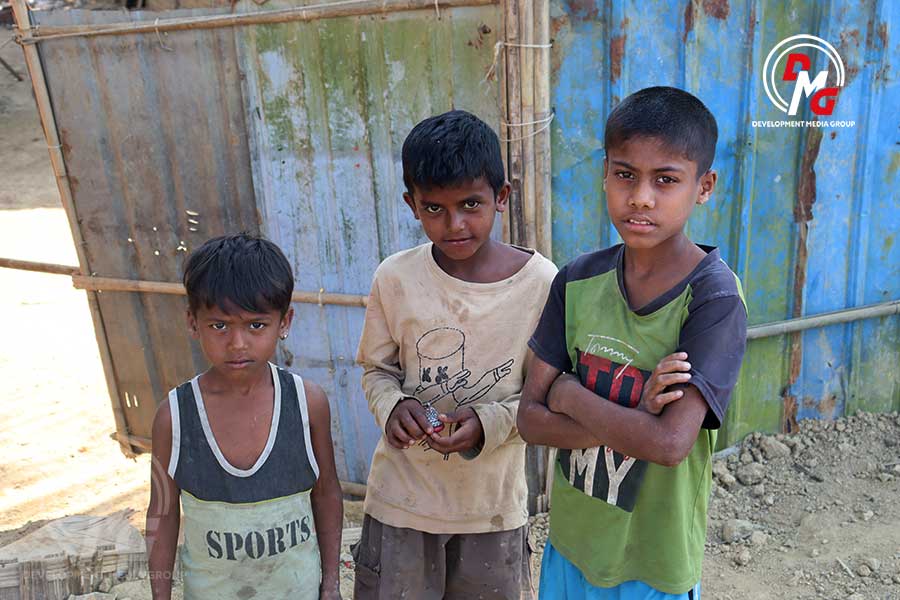
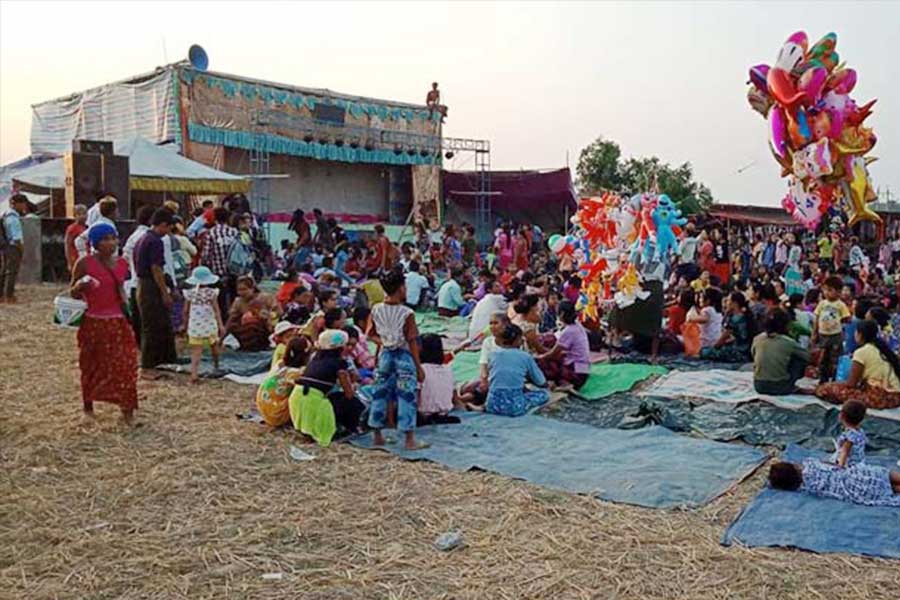
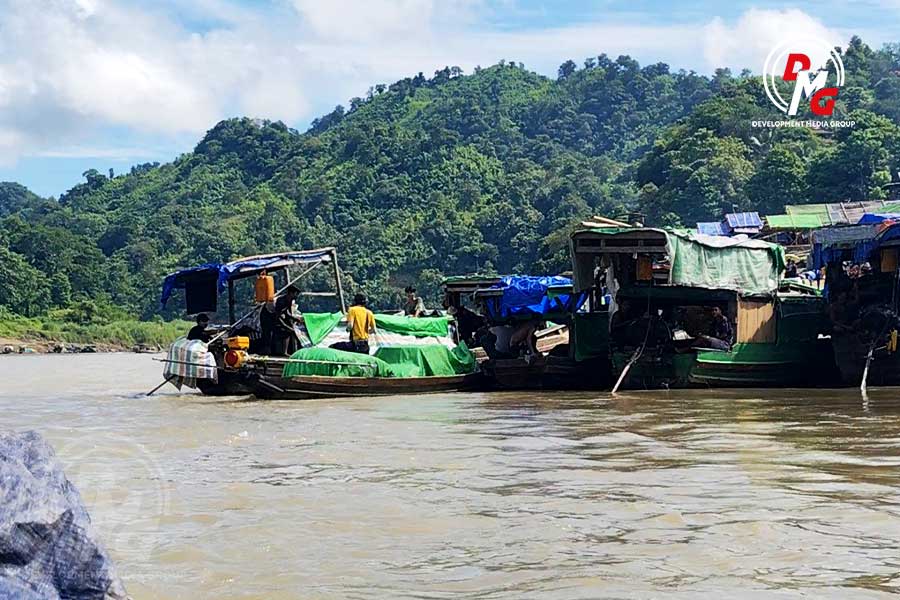
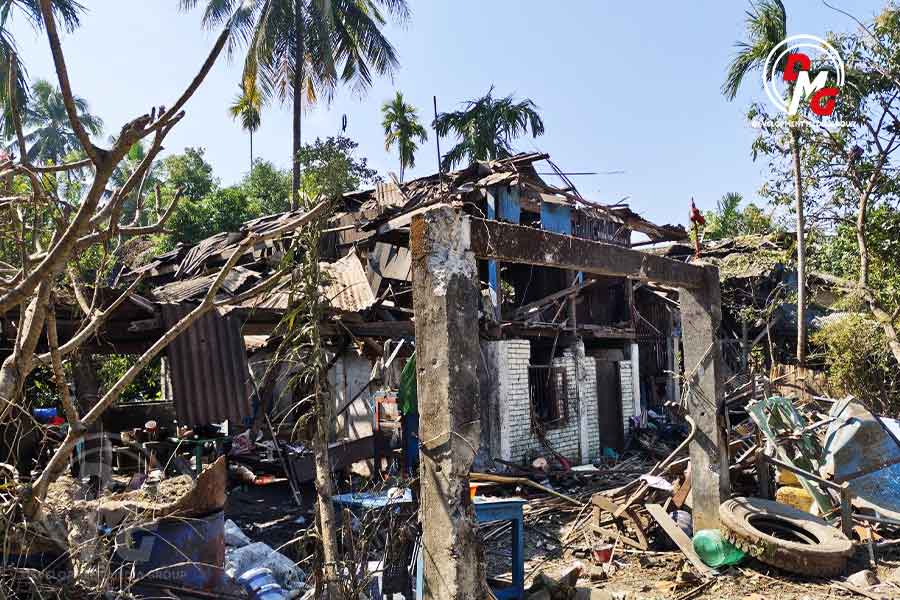









.jpg)